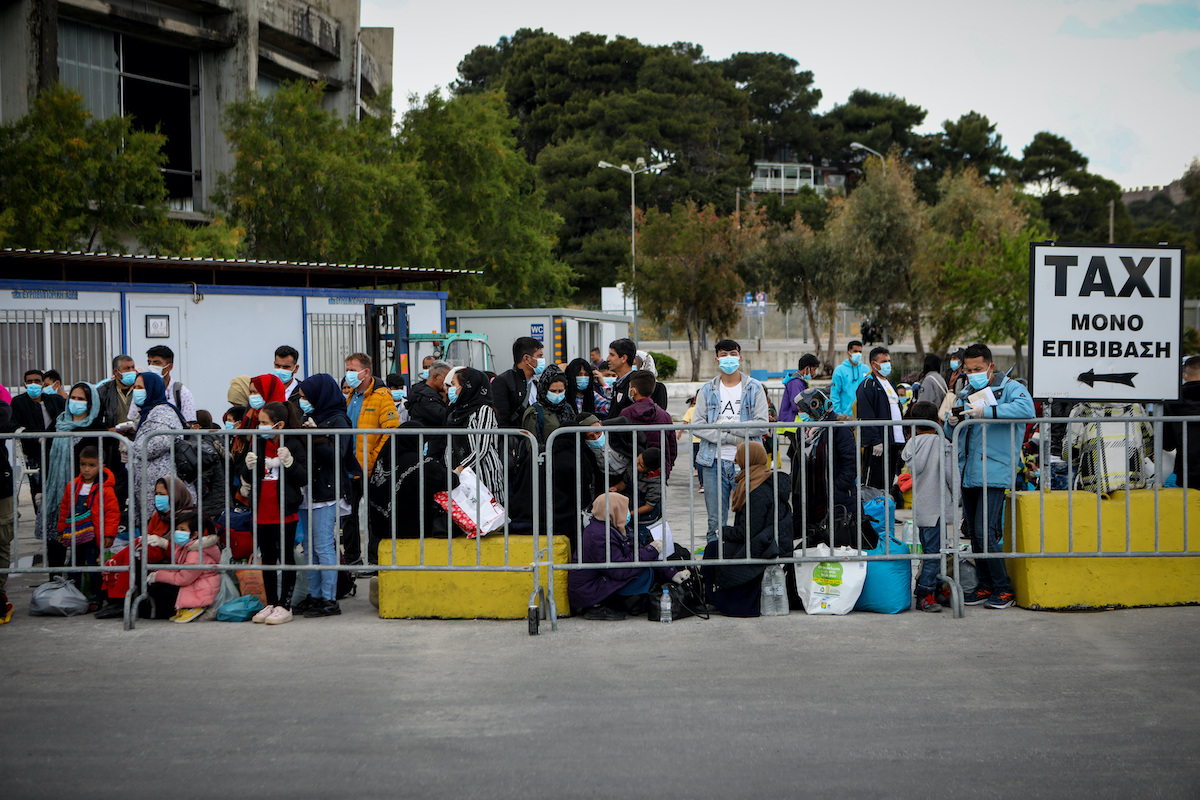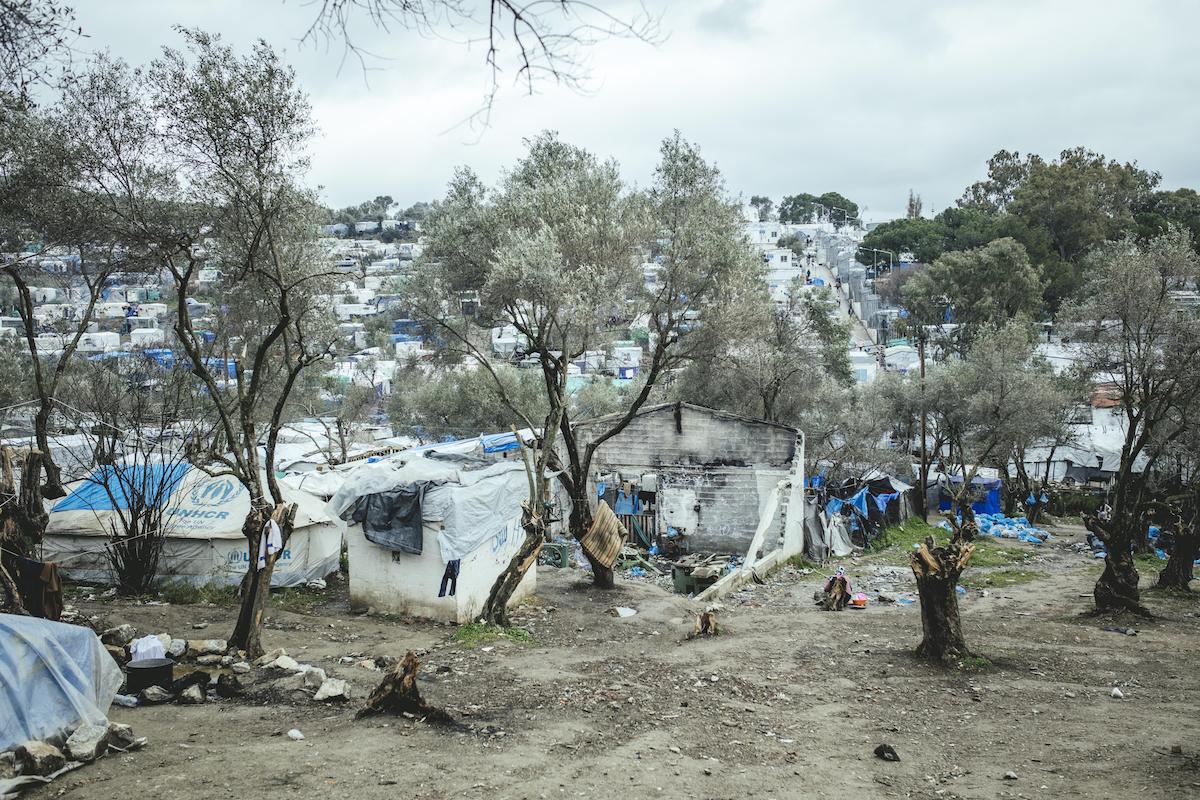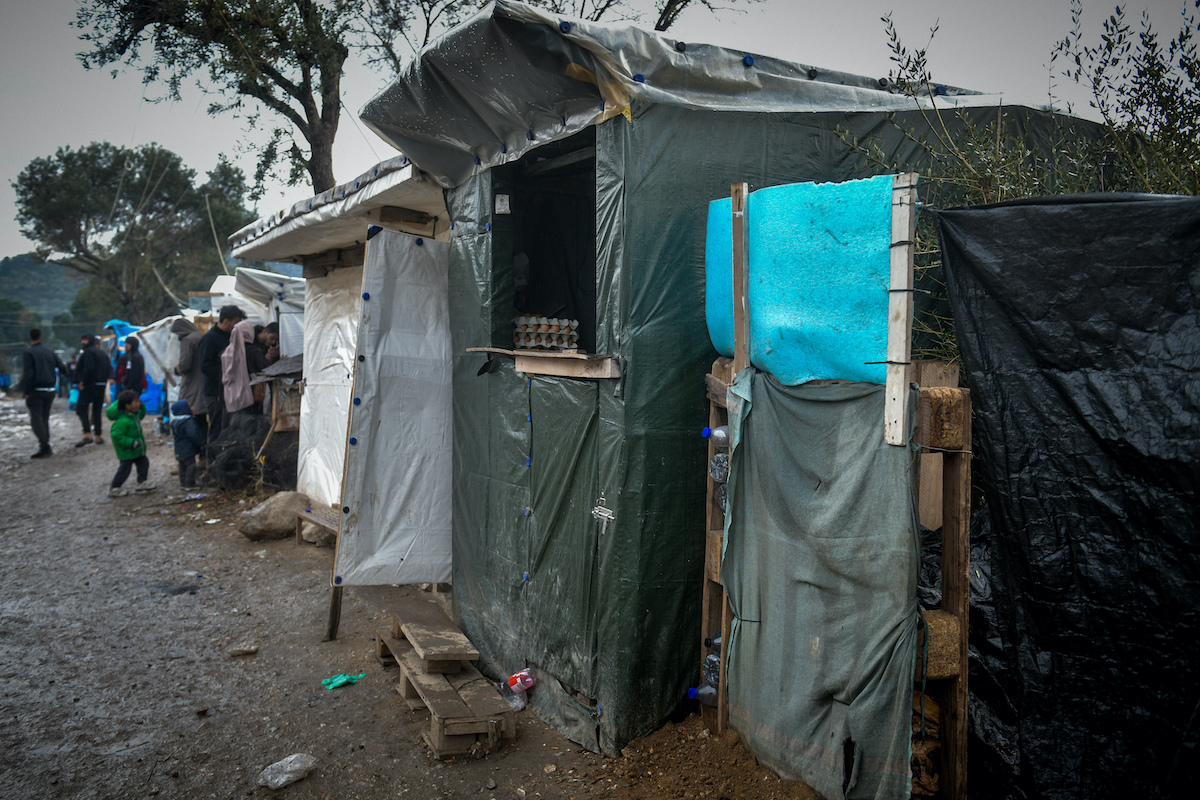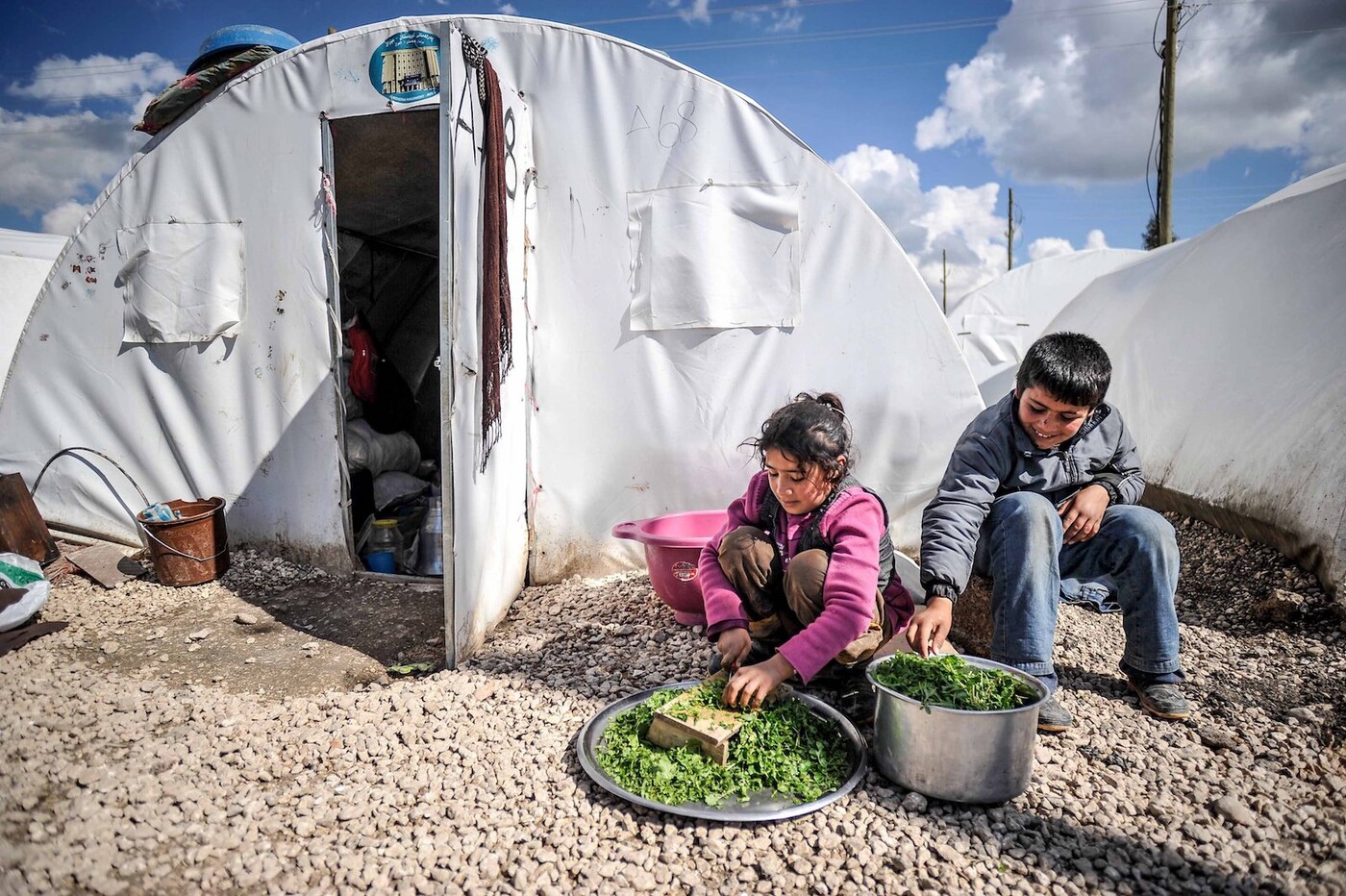On 1 July 2020, Germany will take over the Presidency of the Council of the European Union for six months. During this period, the German Federal Government intends to press ahead with the reform of the "Common European Asylum System". Germany’s Ministry of the Interior prepared a concept paper for this purpose in February 2020.
Among other things, the concept paper states that people seeking protection in the European Union (EU) will be examined at the EU's external borders (initial assessment).
This is not a new concept. Many people who come to the EU in search of protection are already being held in so-called “hotspots” on the Greek islands and in Southern Italy. According to the concept paper, this approach – originally developed in response to the rising number of refugees – is to be applied throughout Europe.
Yet, the hotspot approach is not a suitable model for a common European asylum policy. The results of the “hotspots” since their introduction by the European Commission five years ago have been sobering. Human rights organizations such as Amnesty International and Human Rights Watch have denounced the “inhumane” living conditions at the Greek hotspots.
Reception facilities are perpetually overcrowded and violence and disease are part of everyday life in the camps. The threat of a Covid-19 outbreak and the accompanying lockdowns have only exacerbated this situation.
As a result, several European states decided in March 2020 to evacuate vulnerable children from the island of Lesbos.
A team of researchers from the University of Göttingen published an expertise (in German) entitled "Hotspot camps as a blueprint for the reform of the Common European Asylum System? A Policy Impact Assessment of the Hotspot Approach in Greece" on behalf of the Council for Migration.
Our research shows that these abuses were not caused by negligence on the part of Greek authorities. They are instead the product of a system that promised a “fast-track border procedure” and instead became a dead end for many asylum-seekers and refugees.
The original idea of registering asylum-seekers on entry into the EU in order to distribute them within EU Member States could not be implemented. There are several reasons for this, including the refusal of several EU Member States to take in refugees and the consequences of the EU-Turkey Agreement of March 2016.
According to the agreement, "all new irregular migrants arriving from Turkey to the Greek islands after 20 March 2016” should be returned to Turkey. According to the agreement, Turkey was considered a potential "safe third country" or "first country of asylum". For highly vulnerable asylum-seekers who have entered via Turkey, this means that the authorities must first examine whether the asylum application is at all "admissible".
Nevertheless, refugees still have the right to apply for asylum in the EU according to the 1951 Geneva Convention on Refugees as well as under current European law. Even if their asylum applications were rejected as "inadmissible", the applicants were almost always successfully able to appeal the decision. The EU-Turkey Agreement was thus subject to the paradoxical claim of deporting all asylum-seekers while at the same time granting individual asylum procedures in accordance with the rule of law.
“Hotspots" have become detention camps
Although the number of people coming to the Greek islands from Turkey fell temporarily in 2016, the number quickly rose again. 295,388 people reached the Greek hotspot islands by sea between 2016 and the end of 2019.
At the same time, the number of refugees who were deported back to Turkey remained relatively low: A total of around 2,000 people were deported back to Turkey under the EU-Turkey Agreement between 18 March 2016 and the end of 2019. Many of them - primarily Syrians - were unable to obtain protection status there and were deported back to Syria.
Around 3,400 people left the islands under government-supported return programs.
And the others? Most had to wait until their asylum applications were processed, which can take several years. Some especially vulnerable people, such as minors, traumatized refugees and families with children, were brought to the mainland before the beginning of the year. The recently-elected conservative Greek Government has since abandoned this practice. As a result, even more people are trapped on the islands, making living conditions in camps even more difficult.
The hotspots and accompanying accommodation, although originally intended as temporary reception centers, have therefore increasingly become detention centres.
Another problem with the "hotspot" system is that it is still not clear who is legally responsible for it. Several actors are involved in the management of the hotspots: the Greek Asylum Bureau, the EU border agency Frontex, and the European Asylum Support Office (EASO). It is therefore very difficult to determine who is responsible for incorrect asylum decisions or which institutions should be held accountable for conditions on the ground and inadequate asylum checks.
It is commendable that Germany intends to press ahead with the reform of the Common European Asylum System during its Council Presidency. However, the Ministry of the Interior’s concept paper is not a sufficient guide in this respect. The idea of detaining people seeking protection at the external borders of the EU bears the risk of creating conditions in many countries similar to those on the Greek islands: imprisoning people or keeping them in prison-like conditions for years. The example of the Greek hotspots shows that without a clearly defined legal and, above all, humanitarian framework, the European asylum system can become a dead end for many people, producing exclusion rather than protection.



